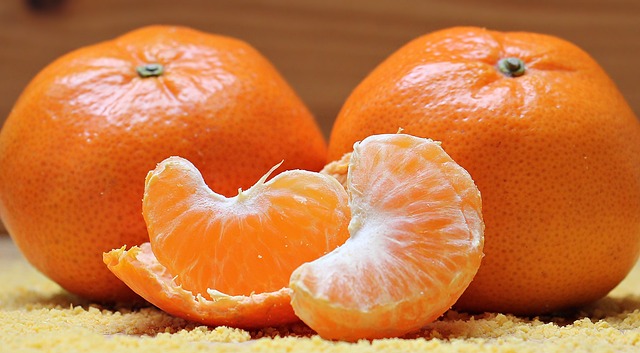From Farm to Gut: Uncovering Probiotic Foods for Optimal Digestive Health
Introduction
In recent years, the importance of gut health has gained significant attention in the field of nutrition and
wellness. A healthy gut is not only essential for digestion but also impacts overall well-being, mood, and
immune function. One way to promote a healthy gut is through the consumption of probiotic-rich foods. In
this article, we delve into the fascinating world of probiotics, exploring their sources, benefits, and how
they can improve our digestive health.
What are Probiotics?
Probiotics are live microorganisms that provide health benefits when consumed in adequate amounts. These
beneficial bacteria and yeasts primarily reside in our gut and are known for maintaining a balanced
environment, promoting healthy digestion, and supporting the immune system. They can be found in various
fermented foods and supplements.
Probiotic Foods from Farm to Gut
Let’s take a journey from farm to gut to uncover some of the best natural sources of probiotics.
1. Yogurt
Yogurt, made from fermented milk, is perhaps the most well-known probiotic food. It contains live cultures of
bacteria, such as Lactobacillus and Bifidobacterium, which help maintain a healthy balance of gut bacteria.
Opt for plain yogurt with no added sugars for maximum benefits.
2. Kefir
Kefir is a fermented dairy product similar to yogurt but with a thinner consistency. It is made by adding kefir
grains to milk and allowing fermentation to occur. Kefir is rich in diverse probiotic strains and is a great
option for individuals with lactose intolerance as the bacteria break down lactose during fermentation.
3. Sauerkraut
Sauerkraut is a traditional fermented cabbage dish. The fermentation process enhances its probiotic content,
providing a range of beneficial bacteria. Look for unpasteurized sauerkraut as pasteurization can destroy the
live cultures.
4. Kimchi
Kimchi, a staple of Korean cuisine, is made from fermented vegetables, typically cabbage and radishes. It is
packed with probiotics, vitamins, and minerals that contribute to gut health. Its spicy and tangy flavor also
adds a zing to your meals.
5. Miso
Miso, a traditional Japanese seasoning, is produced by fermenting soybeans with salt and a fungus called
koji. It is used in soups, dressings, and marinades and contains beneficial bacteria that can support gut
health.
6. Tempeh
Tempeh is a fermented soy product originating from Indonesia. It is made by fermenting soybeans with a starter
culture. Tempeh not only provides probiotics but is also a great source of plant-based protein and various
nutrients.
7. Kombucha
Kombucha is a type of fermented tea that has gained popularity in recent years. It is made by fermenting sweet
tea with a SCOBY (Symbiotic Culture of Bacteria and Yeast), resulting in a bubbly, tangy drink. Kombucha
contains probiotics and antioxidants, offering potential digestive health benefits.
Benefits of Probiotics for Digestive Health
The consumption of probiotics has been associated with several digestive health benefits:
- Improved digestion and absorption of nutrients
- Reduced symptoms of gastrointestinal disorders, such as bloating and constipation
- Enhanced gut barrier function, preventing the penetration of harmful bacteria
- Strengthened immune system
- Regulated bowel movements
- Reduced risk of antibiotic-related diarrhea







